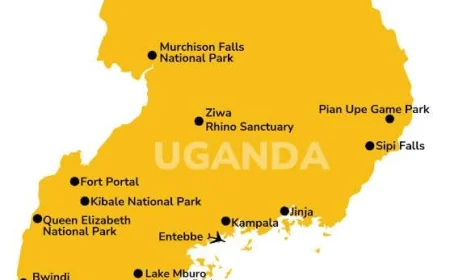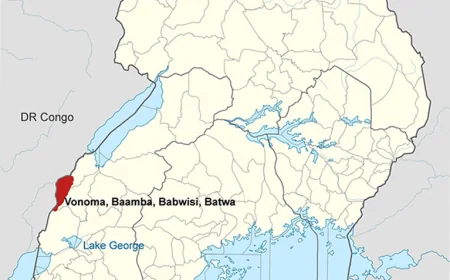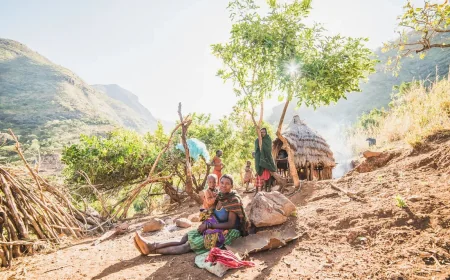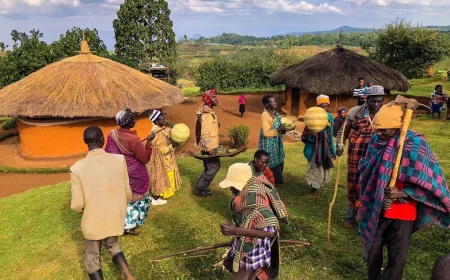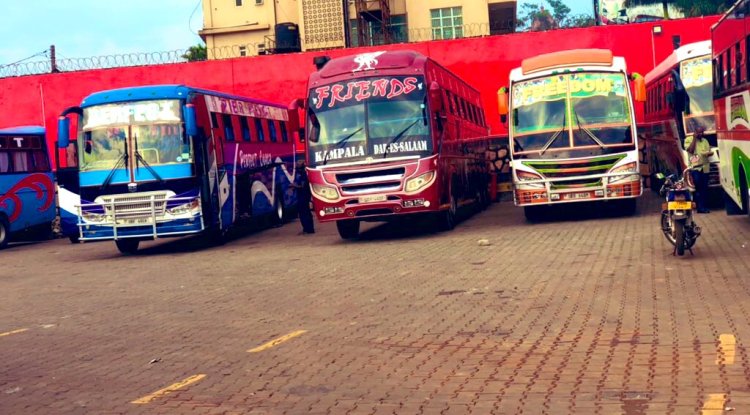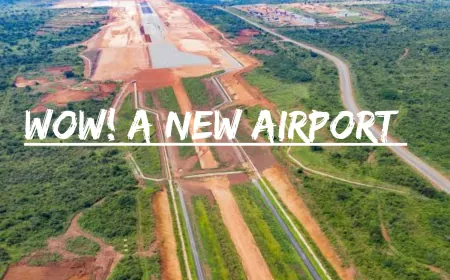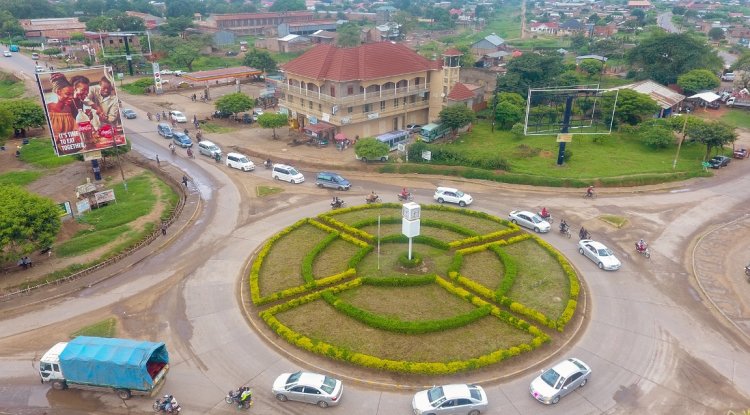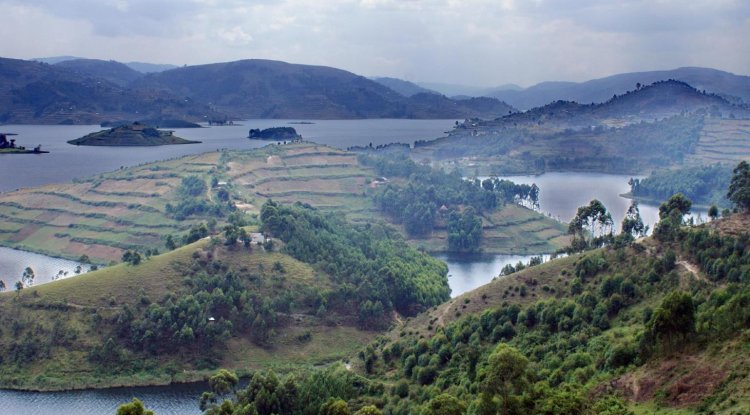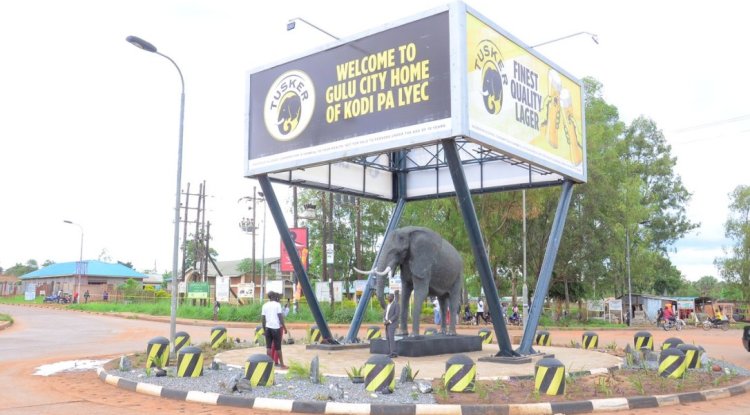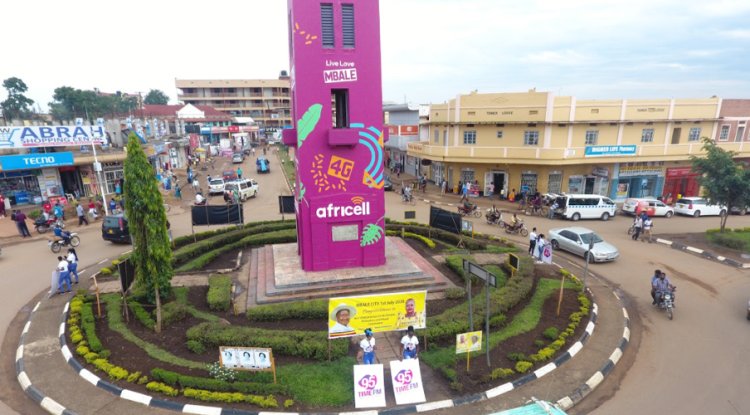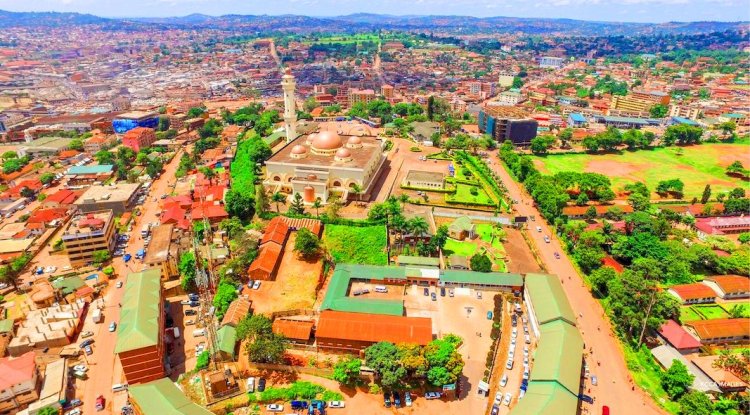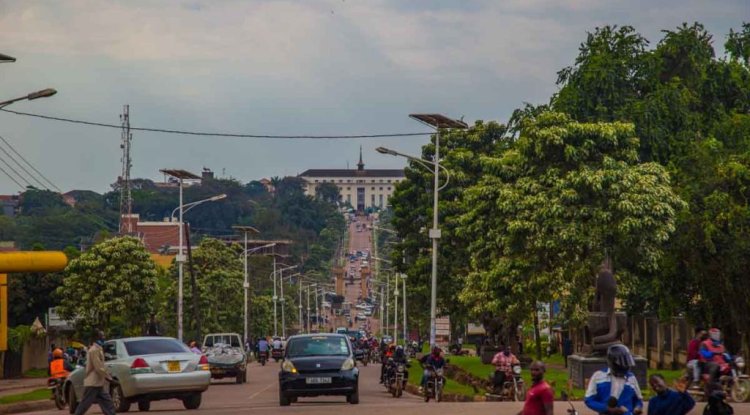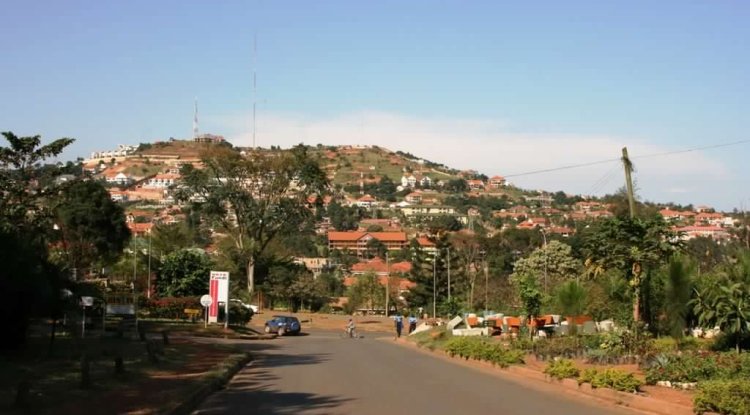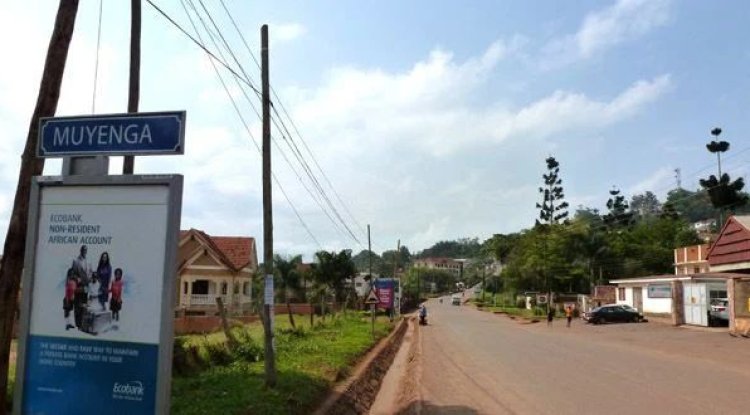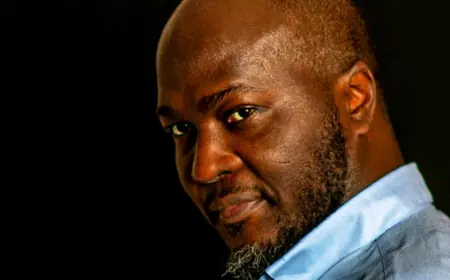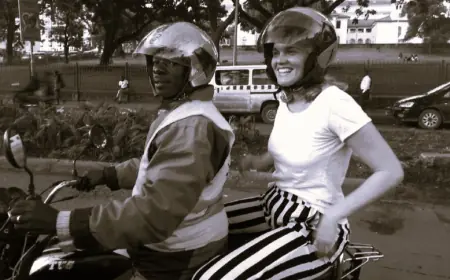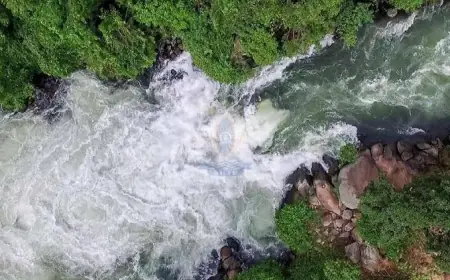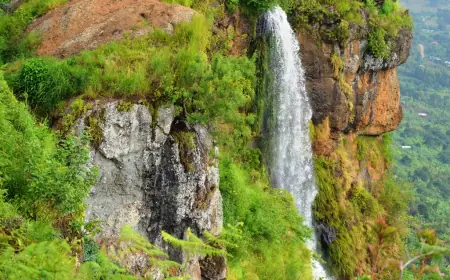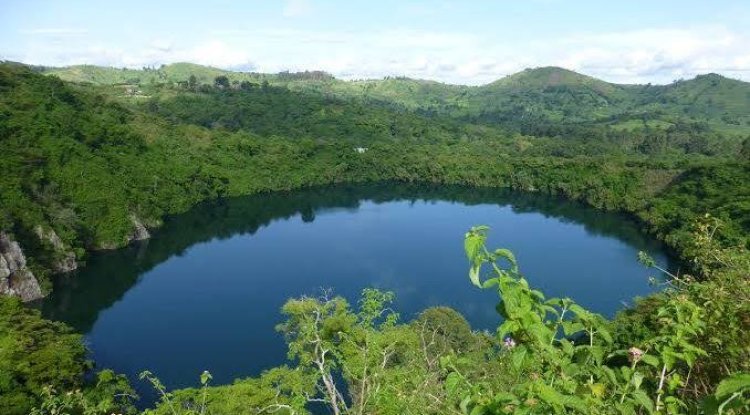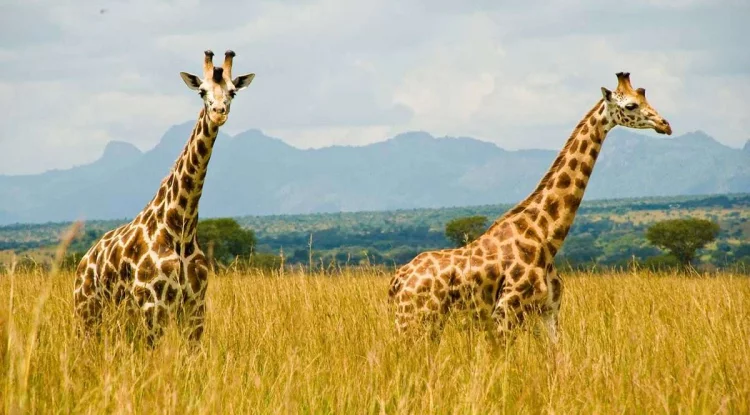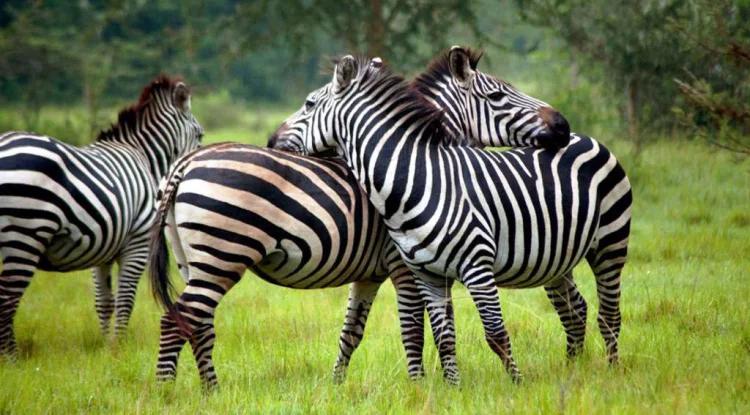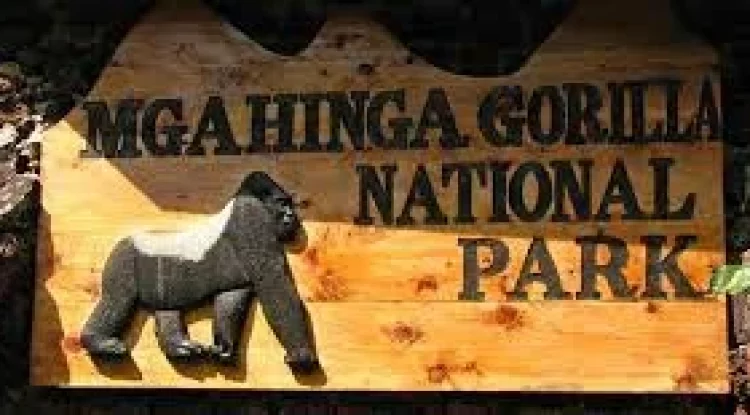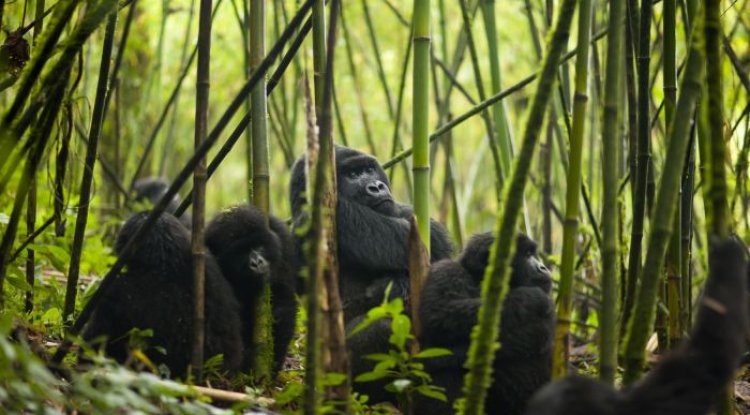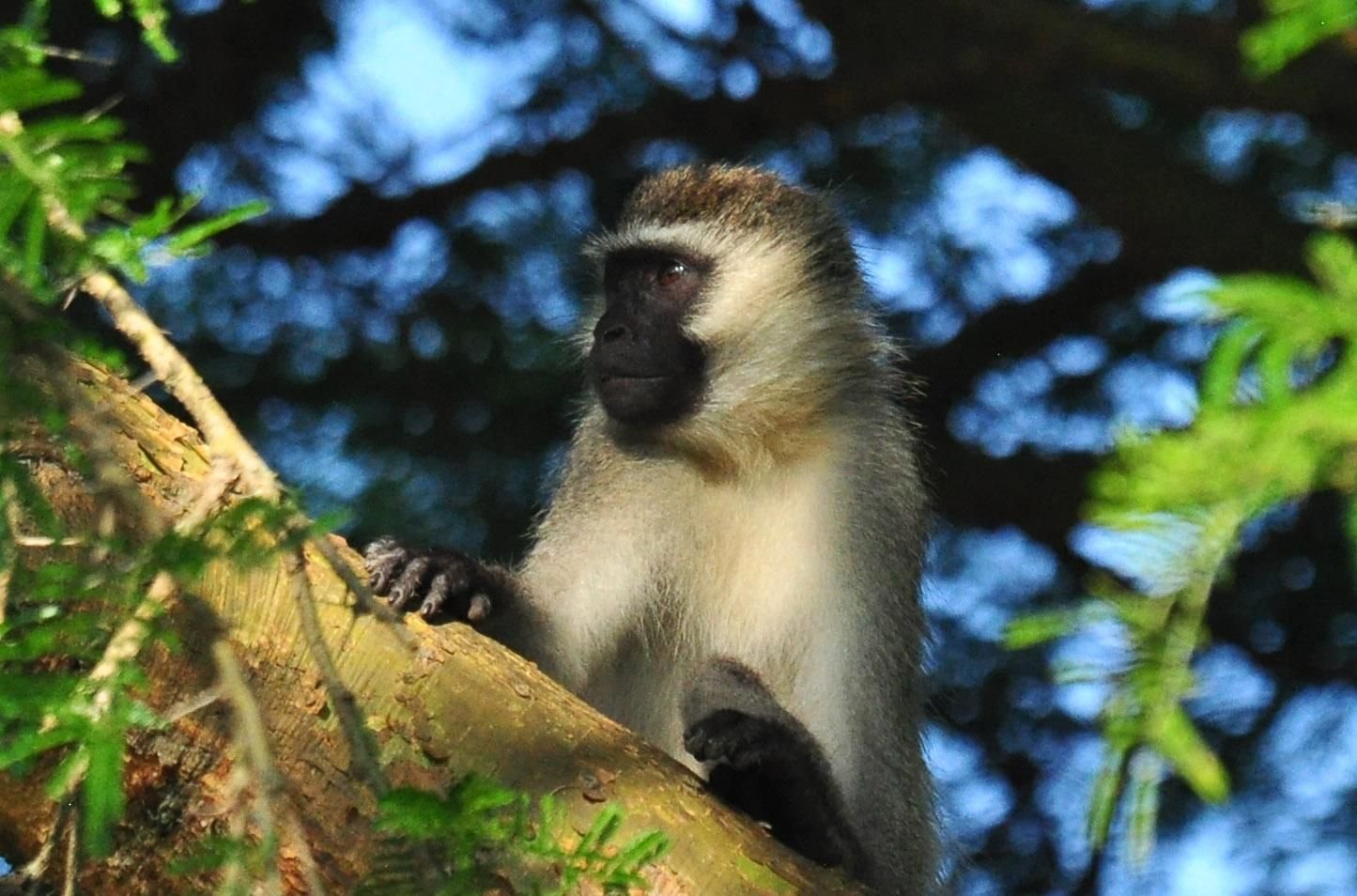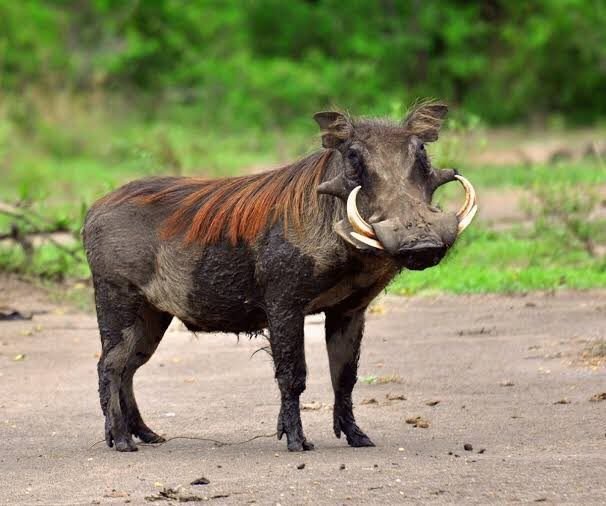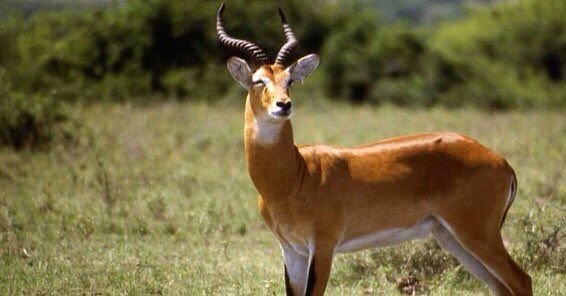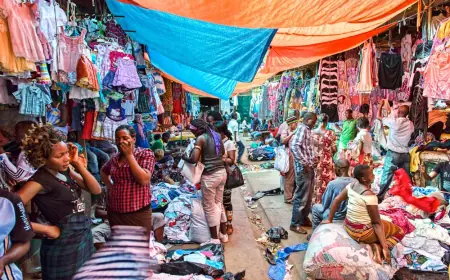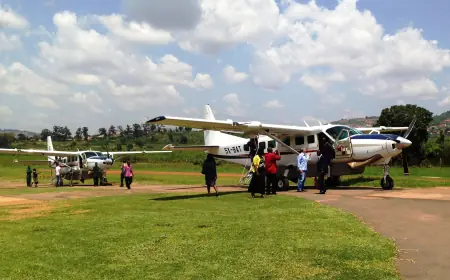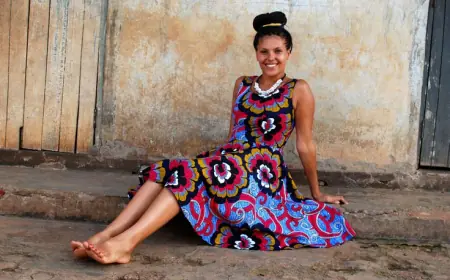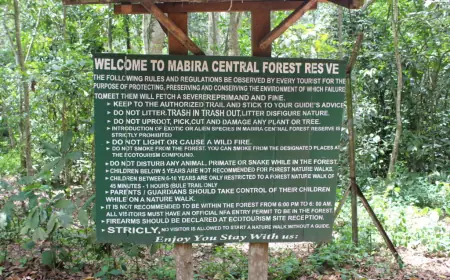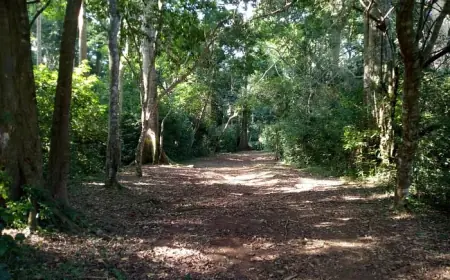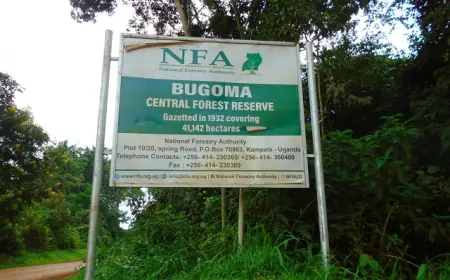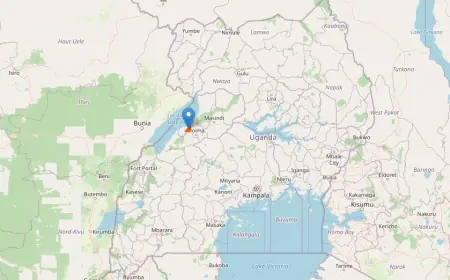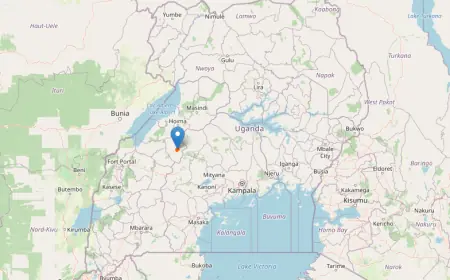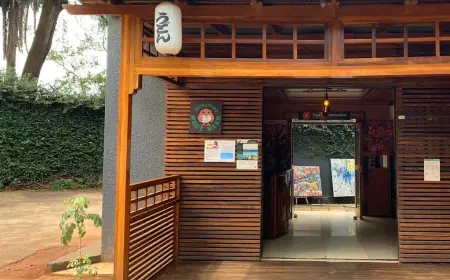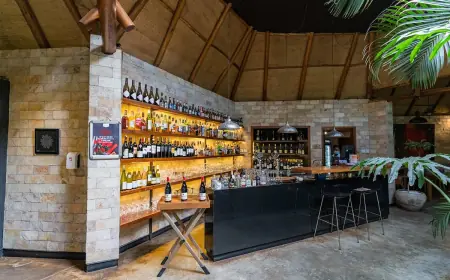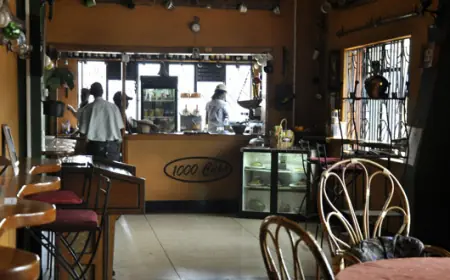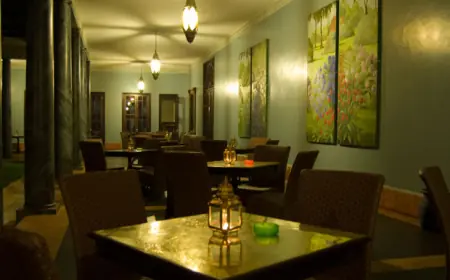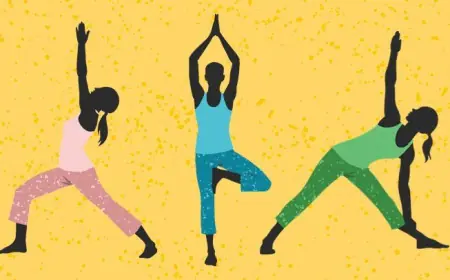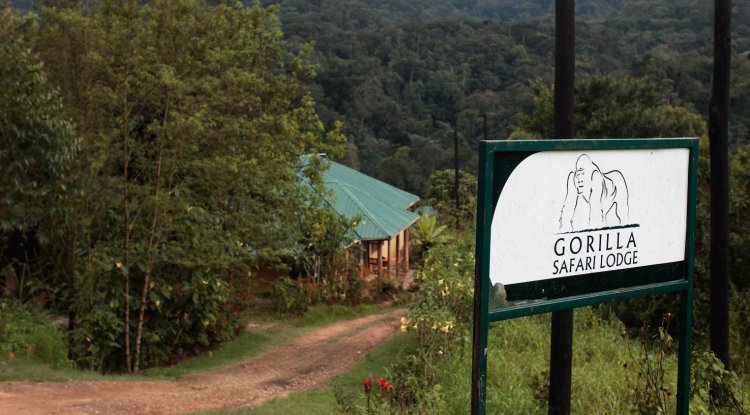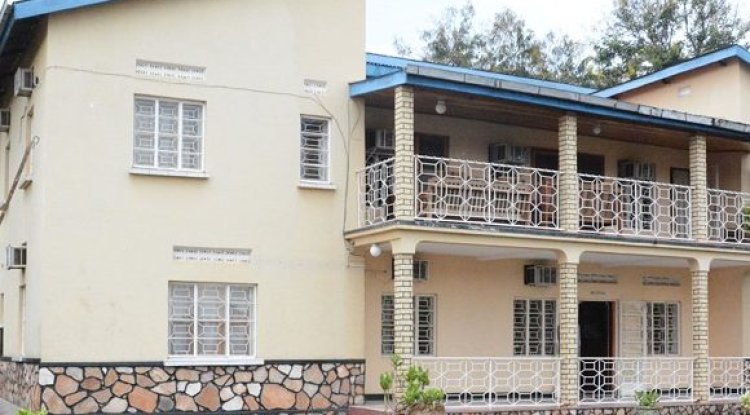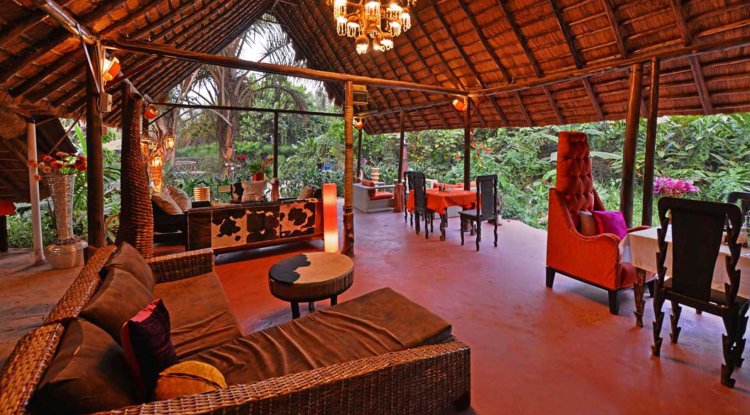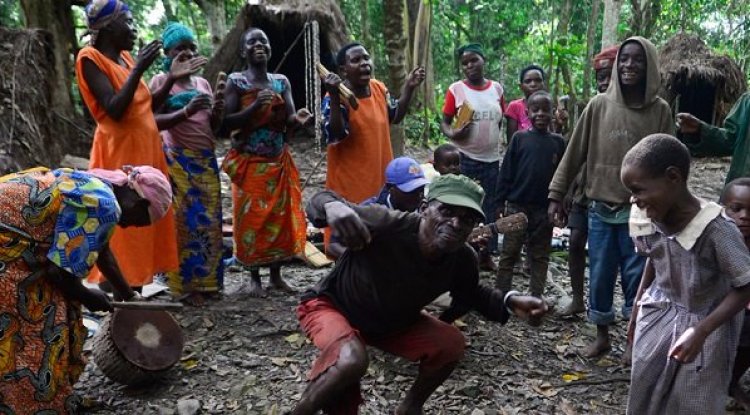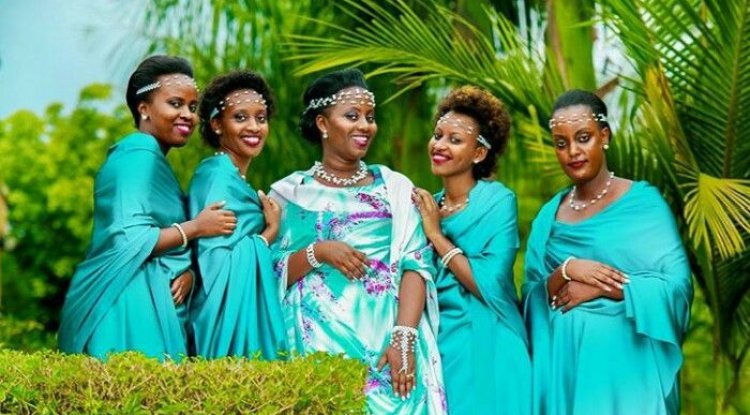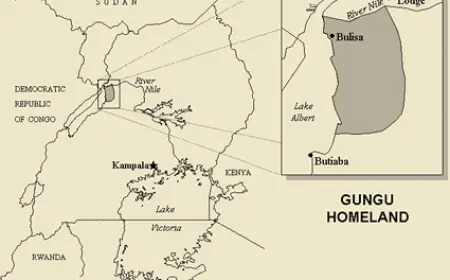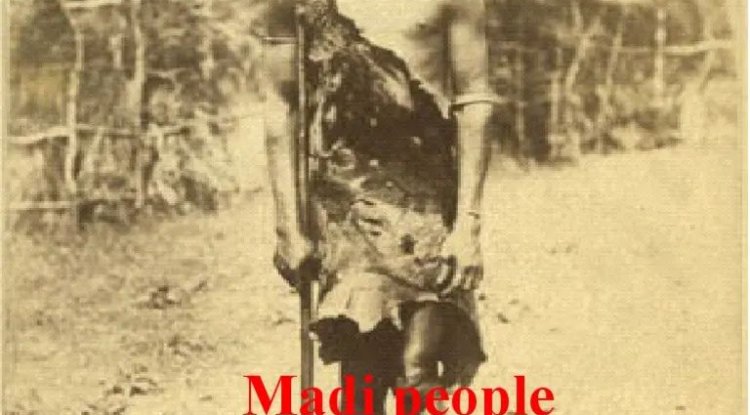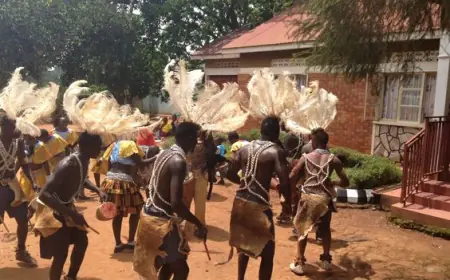The Bagwe: A Bantu Tribe
The Bagwe speak Lugwe, a Bantu language that is closely related to Lusoga and Luganda.
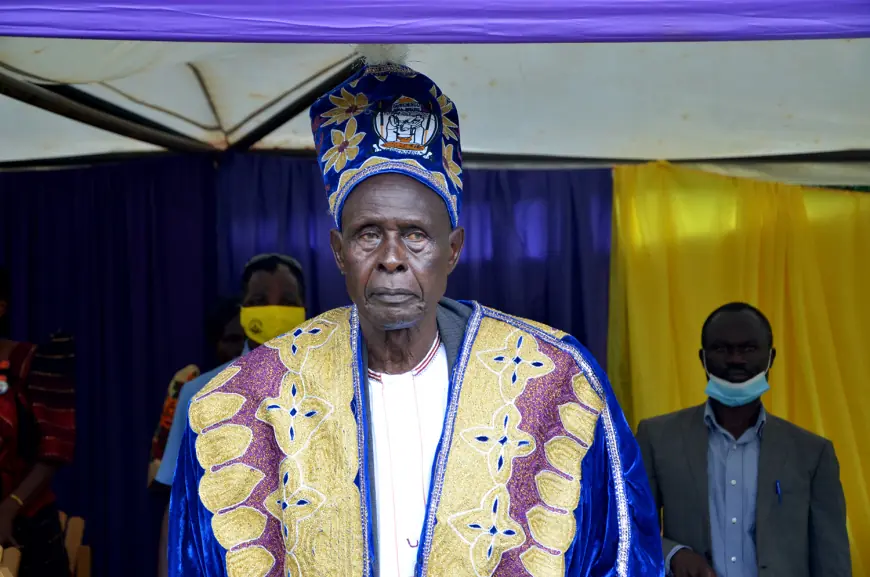
The Bagwe are a Bantu ethnolinguistic group that lives mostly in southeastern Uganda, with a few scattered in western Kenya. They are composed of several clans, and their ancient economic activities include fishing, crop farming, and animal farming. They are one of the 56 identified tribes of Uganda, according to the 1995 Ugandan Constitution. But who are the Bagwe, and what makes them unique among the diverse cultures of Uganda? In this article, we will explore the history, culture, and current situation of the Bagwe people and highlight some of the aspects that most blogs don’t talk about.
History of the Bagwe
The Bagwe did not have a centralized political system, unlike some of their neighbors. Every village was under the jurisdiction of an elder called the Nalundiho, who was also a rainmaker. He administered law and order, and he was responsible for the settlement of disputes. He was the most influential person in the village, and his position was hereditary.
The Bagwe have had a long history of interaction and intermarriage with other tribes, especially the Basoga, the Baganda, and the Jopadhola. They have also been influenced by the colonial and post-colonial policies of the British and Ugandan governments, which have affected their land rights, education, health, and development.
Culture of the Bagwe
The Bagwe speak Lugwe, a Bantu language that is closely related to Lusoga and Luganda. They also use English and Swahili as lingua francas. The Bagwe are predominantly Christian, with a minority of Muslims. They practice both monogamy and polygamy and pay bride wealth in the form of cattle, goats, and money. They have a patrilineal kinship system and belong to various clans that trace their ancestry to different origins.
The Bagwe have several rituals and ceremonies that mark the stages of life, such as birth, naming, circumcision, marriage, and death. They also have rituals and ceremonies that relate to their environment, such as rainmaking, fishing, farming, and hunting. They believe in the existence of a supreme being, called Katonda, who is the creator and sustainer of life. They also believe in the existence of spirits, ancestors, and diviners who can influence their fate and fortune.
Customary Matrimony Among the Bagwe
If the parents were cordial, they would arrange the marriage without the children's participation, though these situations weren't very common. The typical approach is for the boy to approach the girl first, and even if she is unable to respond directly, she will usually indicate her acceptance in an oblique way.
The lad would then arrive with a spear and place it in front of the girl's mother's hut. The girl would have taken the spear down and carried it to her mother's hut if she had accepted the marriage.
Negotiations regarding the bride price would then begin. Every girl did not have a certain amount of money to marry. The charges were based on a person's wealth, prestige, and titles.
In essence, this meant that the wealthy paid higher costs than the underprivileged. In general, the price varied from four to eight cows plus a wide variety of goats, each of which served a distinct purpose.
More plans were made to get the girl to her husband after the bride price was paid. In the event that the girl's virginity was uncovered, her mother would receive a goat or something similar as payment for her good part in keeping the girl safe and intact.
Additionally, it was traditional for a boy to bring a fat male goat to the girl's father's house so that it might be slaughtered. The father of the girl would stand on it and get covered in simsim oil on this particular occasion. This male goat served as a unifying factor between the two families and was intended to cement the marriage.
Bagwe customs about birth
When a boy child is born, the mother of the Bagwe is confined for three days; if a girl child is born, she is confined for four days. A boy's birth would be celebrated for a few days because, in contrast to girls, men were supposed to leave home early and deal with the outside world. The Balundu clan, however, overturned this arrangement. Both the mother and the father could typically shave off their hair once the child was born.
When twins were born, the sheep was killed by being trampled on until it passed away, and everyone in attendance had to take part in the sacrifice. The purpose of this technique was to eliminate taboos related to twin births and child cleansing. The brother's father would proceed to the in-laws with a spear to get calabash and porridge. The lead person would spit into a special calabash or pot that had two openings and then spit on the twins. Practice would then commence upon the forced opening of the twins' hut door with forked sticks (olubibo). People will be singing vulgar songs and dancing during this door-opening rite. The folks inside and outside the hut would spew porridge into each other after the door opened.
Current Situation of the Bagwe
The Bagwe are estimated to number around 100,000, according to the 2014 Census of Uganda. They live mainly in Budaka District, Pallisa District, Kibuku District, and Butebo District, where they make up over 80% of the population. They also have a presence in Mbale City and other towns in eastern Uganda, such as Pallisa, Kagumu, Kamonkoli, Kadama, Kabweri, Iki-Iki, Bulangira, Kaderuna, Tirinyi, and Kakoro.
What's Your Reaction?
 Like
0
Like
0
 Dislike
1
Dislike
1
 Love
0
Love
0
 Funny
0
Funny
0
 Angry
0
Angry
0
 Sad
0
Sad
0
 Wow
1
Wow
1
